
John Henry‘s letter to the supporters yesterday following the club’s failure to sign any forwards despite manager Brendan Rodgers’ wishes has led to much discussion among Liverpool fans and media reaction.
The question is now asked, just who exactly is in charge of transfers at Liverpool? When Rodgers was appointed it was with the knowledge that he would be in charge of “football matters” and that owners FSG had scrapped their intended plan of a continental / American model of hierarchy. However, Tony Barrett in The Times today reports that that isn’t entirely true;
“Liverpool have implemented a collegiate director of football model that spreads responsibility through a group of player recruitment specialists and football analysts who work with the manager in identifying targets. David Fallows and Barry Hunter, two senior scouts, have been recruited from Manchester City, although both are on gardening leave, while Michael Edwards, the club’s head of analytics, is becoming an increasingly influential figure at Anfield. The concept is that decisions over players will be made by the group as a whole, rather than by any individual, but the in-built checks and balances can slow transfers down.”
Barrett suggests that managing director Ian Ayre’s position is not under threat, despite recent speculation in the fall out from Friday’s farce. And that Ayre was simply following instructions from the owners when he bid below what Fulham wished for Clint Dempsey.
“The pair [Rodgers and Ayre] have a strong working relationship that has not been damaged by the Dempsey shambles. There are no indications that FSG is ready to axe the 49-year-old,” writes Barrett.
Andy Hunter in The Guardian also mentions Edwards (somebody who is not even listed on the club’s official website and of little is known);
“The club’s transfer dealings this summer were not helped by Manchester City placing Dave Fallows on gardening leave once he had accepted the job of Liverpool’s head of scouting and recruitment and some suspect FSG pays more heed to the data provided by the head of analytics, Michael Edwards, than the opinions of the club’s manager.”
On the deadline day lack of spending, Hunter writes;
“Having slashed the wage bill and recouped roughly a third of his £29m transfer spend through transfer and loan fees, and with only Luis Suárez and Fabio Borini left as a strike force, he [Rodgers] had reason to believe FSG would deliver a 29-year-old scorer of 23 goals last season who was desperate to join Liverpool. They responded by offering Fulham less than the fee already agreed with Aston Villa – whether it was £3m as Fulham claim or Liverpool’s £4m, it was still less than Villa’s £5m plus add-ons – and undermined Rodgers’ judgment at a stroke. It once again raises the question of who is advising FSG?”
Meanwhile, Henry Winter in The Telegraph mocks principal owner John Henry and his letter, with the lack of willing to spend on 29 year old Dempsey for financial reasons as a poor judgement call – something many Liverpool supporters are aggrieved with. Winter cites Robin van Persie, also 29 years old;
“Manchester United moved for another 29-year-old. Sir Alex Ferguson spent £24 million on Robin van Persie, four times the sum Fulham wanted for Dempsey, and the United manager has been rewarded with four goals in two starts. The Van Persie deal always made financial sense.”
FSG’s strategy of not investing in players who, in their opinion, have no re-sale value has been severely questioned. Their failure to see that those players who may not sell for a value, but add value while actually at the club is a huge issue with the Anfield support.
Winter also comments that it isn’t just the manager and owners who need to share responsibility during this time;
“Experienced internationals like Martin Skrtel, Steven Gerrard, Glen Johnson and Pepe Reina have all erred this season. So responsibility lies all around Anfield.”
Just when you think Liverpool FC are beginning to get back on to a stable footing, the soap opera begins again and instead we’re left looking at a list of players who were let go by the likes of Bolton and West Brom this summer.
FSG need to realise that a long term strategy is all well and good but sometimes immediate success and improvement is much, much more important.
Roll on 2015.

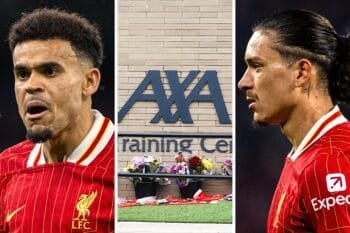



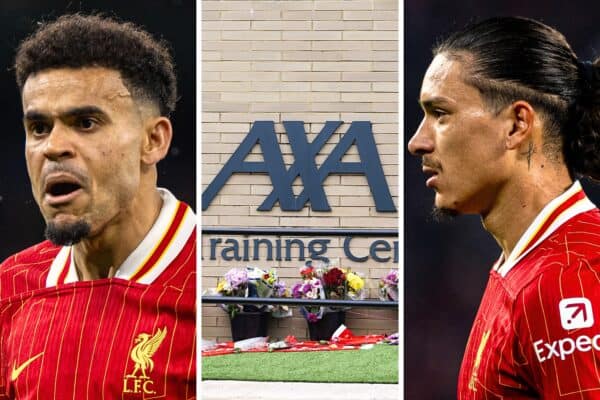
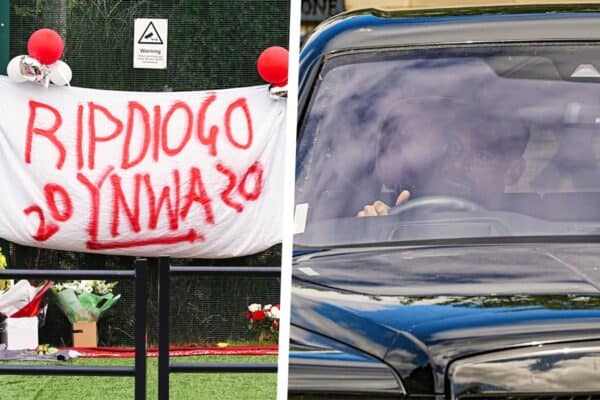


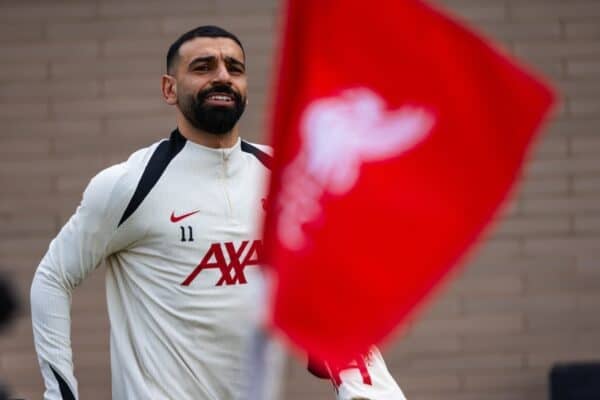

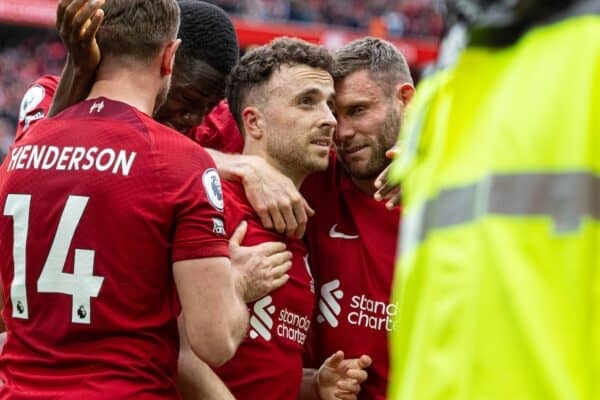





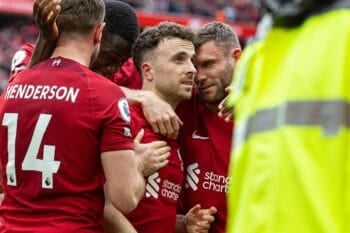
Fan Comments